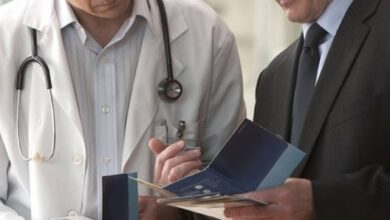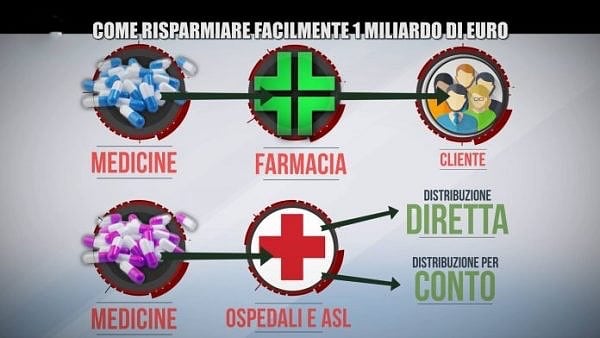
Pharmaceutical expenditure: ancient vices require modern interventions
FEDERFARMA intervenes on the latest AIFA monitoring relating to 2019 pharmaceutical expenditure for 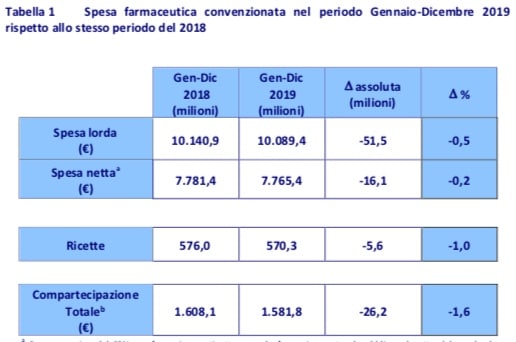 strongly highlight the urgent need to structure new models to remedy ancient ills.
strongly highlight the urgent need to structure new models to remedy ancient ills.
The data is once again unequivocal:
While for last year pharmaceutical expenditure for direct purchases recorded an absolute deviation of over 2.6 billion euros compared to the imposed limit of 6.69% (with no Region capable of respecting the expenditure ceiling), the net agreed pharmaceutical expenditure paid by the NHS stood at 7.7 billion euros, showing a decrease of 16 million compared to 2018.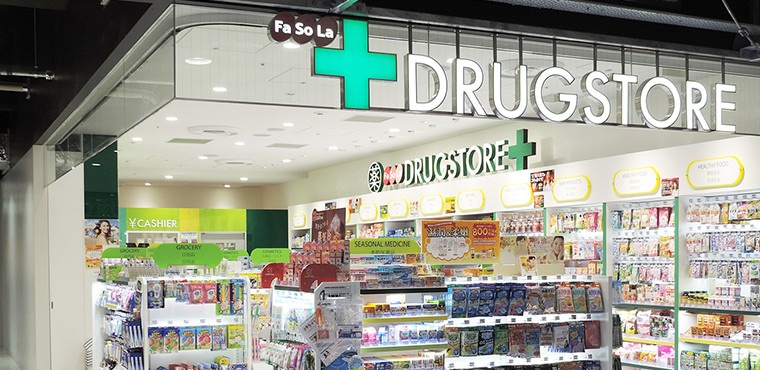
A change of direction is therefore urgently needed, a different perspective that FEDERFARMA has always proposed with strength and determination in all venues, aware of the fact that a priori criticisms are of little use if not accompanied by concrete and feasible proposals, to be necessarily agreed between institutional decision makers and industry stakeholders.
It is useless to continue to plead the goodness of an organizational model, in fact bankruptcy, which places as the fulcrum of the system not the patient but the administrative centralization of expenditure as if it were the panacea for all ills.
It is useless to cling to the by now ancient "excuse" that the overruns of direct pharmaceutical expenditure are due to the introduction of innovative drugs, financed with special funds.
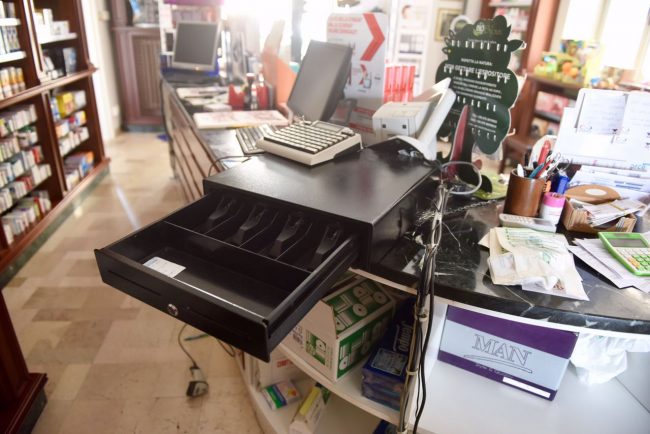 It is useless to continue to humiliate the professional figure of the pharmacist by emptying the pharmacy of medicines and increasingly limiting the "dispensing on behalf" of medicines to the advantage of direct distribution. This, unfortunately, is the best way to transform the pharmacy into a drug store on the US model. The Federation's efforts to professionalize the figure of the pharmacist must have been in vain, but the public initiatives to finance the modern community pharmacy will have been equally vain.
It is useless to continue to humiliate the professional figure of the pharmacist by emptying the pharmacy of medicines and increasingly limiting the "dispensing on behalf" of medicines to the advantage of direct distribution. This, unfortunately, is the best way to transform the pharmacy into a drug store on the US model. The Federation's efforts to professionalize the figure of the pharmacist must have been in vain, but the public initiatives to finance the modern community pharmacy will have been equally vain.
What is needed to structure a modern expenditure control model is, conversely, an effective monitoring system: only the acquisition and punctual appreciation of data will be able to represent the critical points of the entire sector, allowing to intervene effectively.
Some concrete proposals:
 – Return to the prescription of most of the PHT drugs, not subject to particular clinical controls, by general practitioners and their dispensing in pharmacies: this mechanism represents the essential tool for guaranteeing the appropriateness of the prescriptions, of therapeutic adherence and the containment of NHS costs, as demonstrated by the data on pharmaceutical expenditure under the agreement;
– Return to the prescription of most of the PHT drugs, not subject to particular clinical controls, by general practitioners and their dispensing in pharmacies: this mechanism represents the essential tool for guaranteeing the appropriateness of the prescriptions, of therapeutic adherence and the containment of NHS costs, as demonstrated by the data on pharmaceutical expenditure under the agreement;- – Pharmacies make themselves available to transmit DPC data – which will have to converge most of the PHT drugs – also through electronic prescriptions, with the same methods established today by article 50 of Law 326/2003: this is the mechanism essential to guarantee the monitoring of expenditure and the punctual verification of the health prescription and to ensure the appropriateness of the prescriptions;
- – Cope with the drastic drop in pharmaceutical expenditure under the agreement with a new remuneration system based on the appreciation, including economic, of the professional act rendered by the pharmacist in monitoring adherence to therapy, in line with the recent changes made to the decree legislative 153/2009 in the 2020 budget law;
These are just some of the initiatives to be advocated immediately in the context of a "new process" which assigns a central role to the pharmacist and which predominantly favors healthcare professionalism over the commercial aspects.
The alternative to all this, in the face of the drastic drop in agreed spending, will be on the one hand the closure of many pharmacies, no longer able to maintain the necessary economic balance, and, on the other hand, the development of a model, favored also by the regulation on the entry of capital, which will see the pharmacy itself no longer as a garrison of the NHS in the area but increasingly calibrated on the US prototype of the drugstore.



